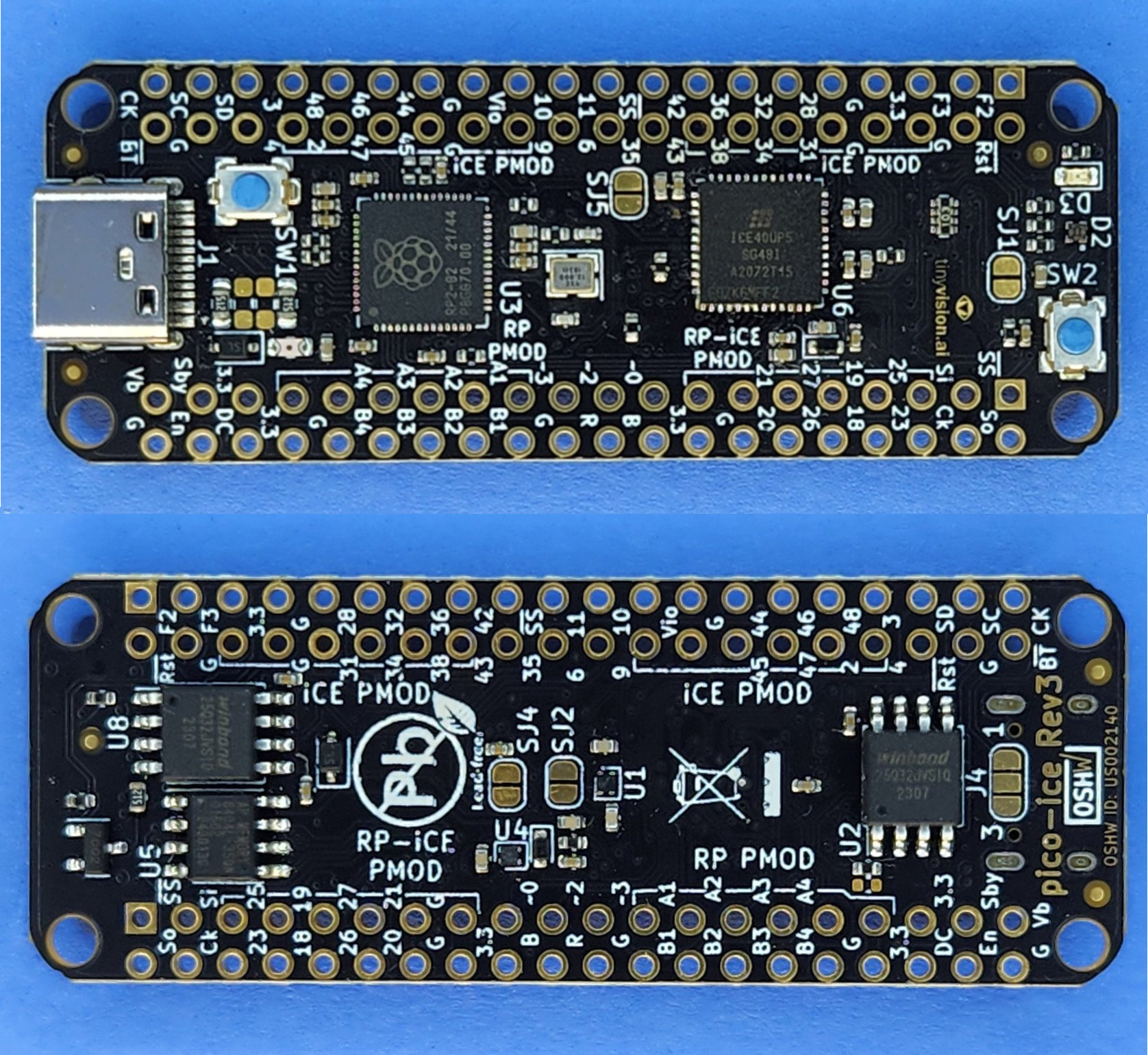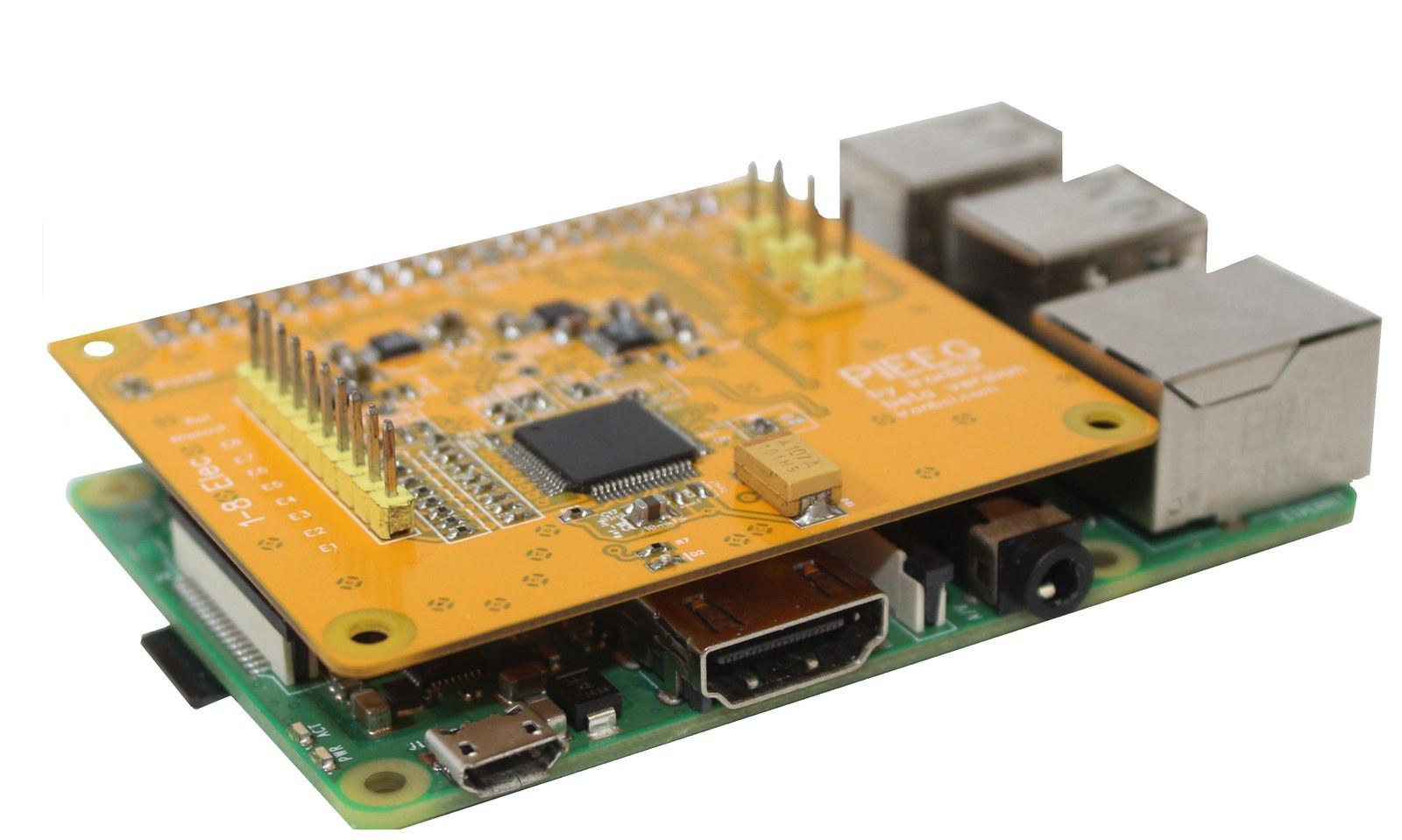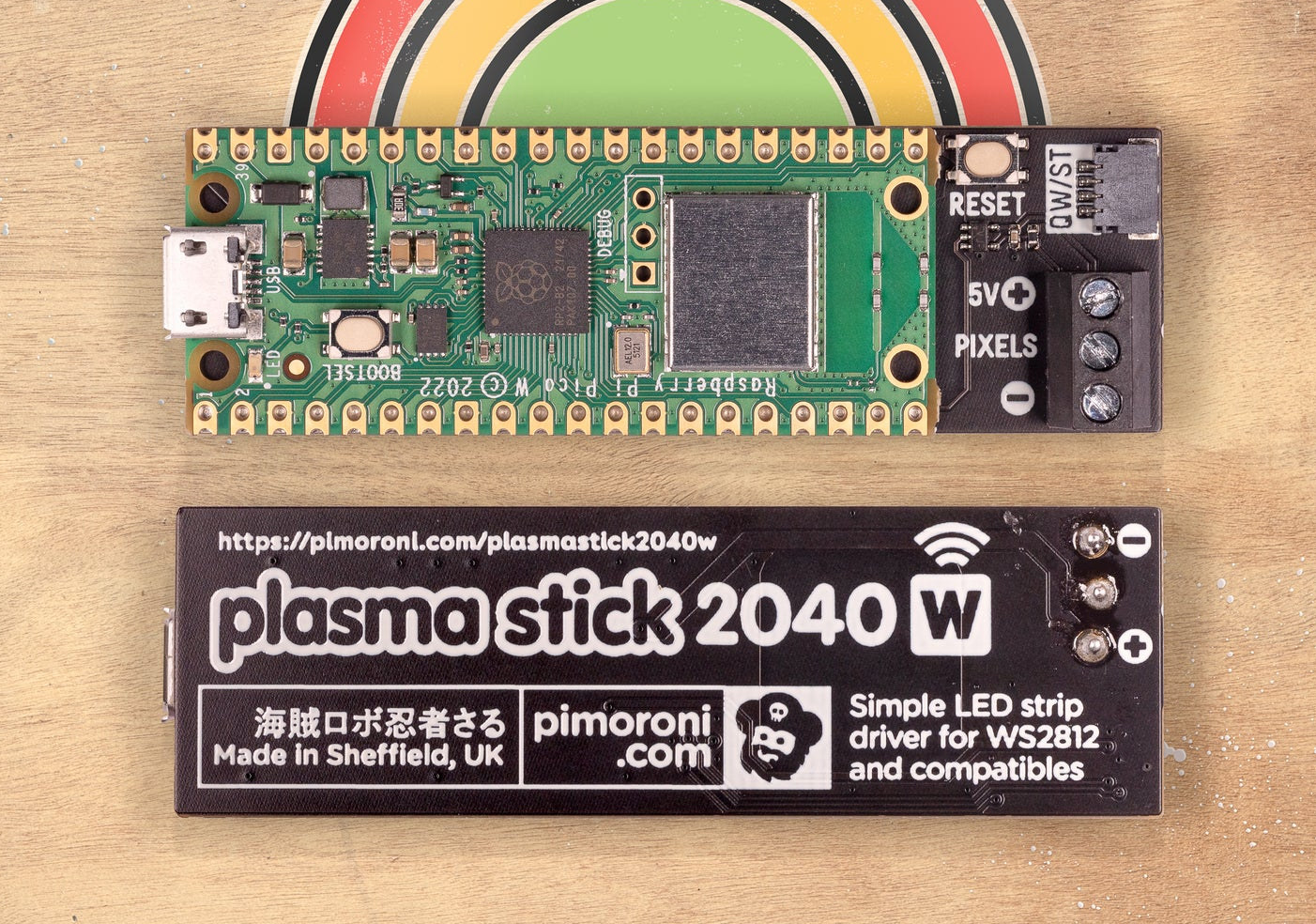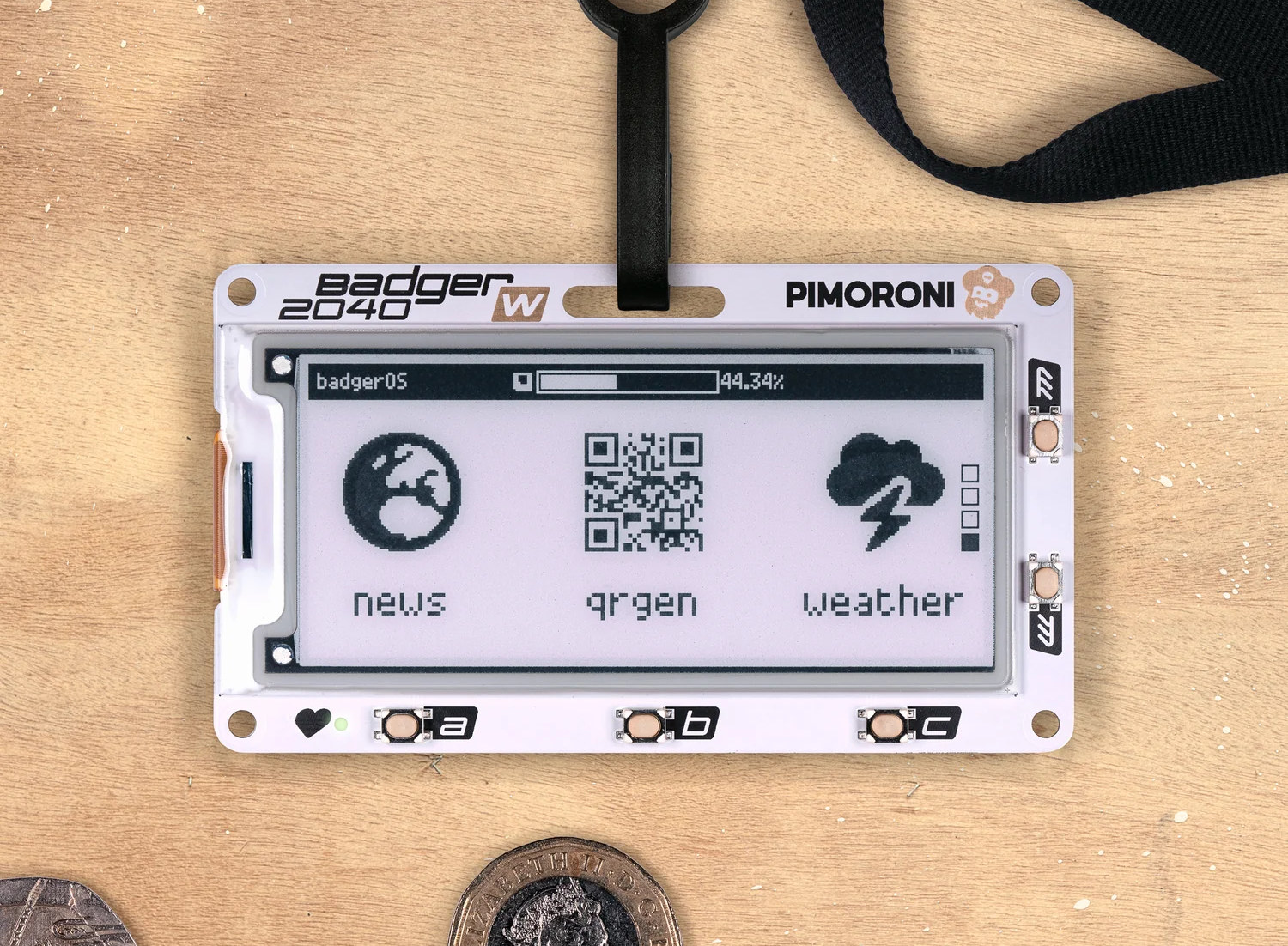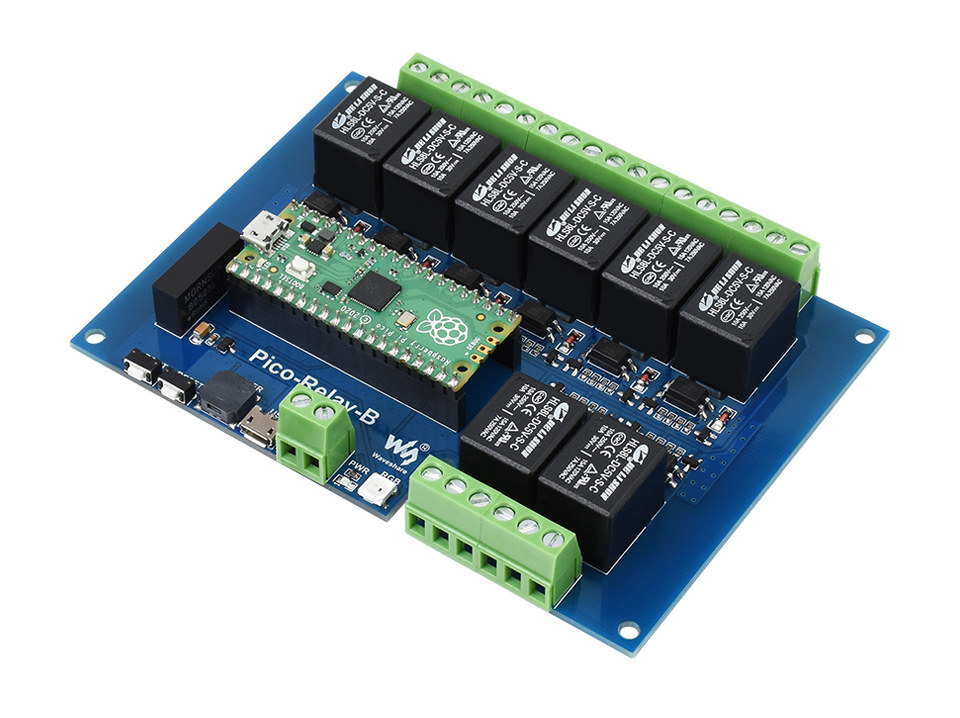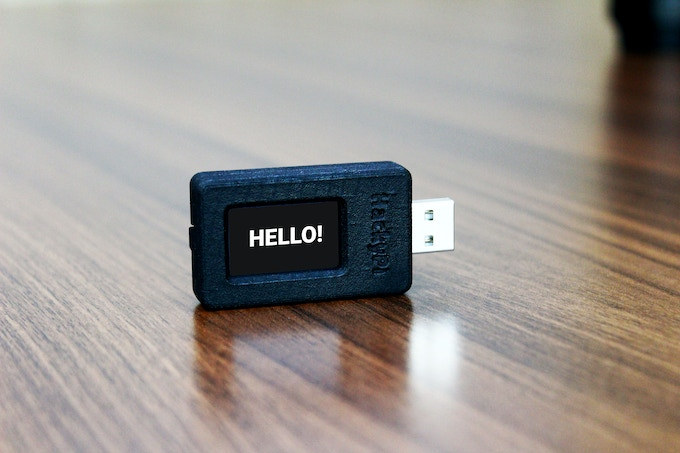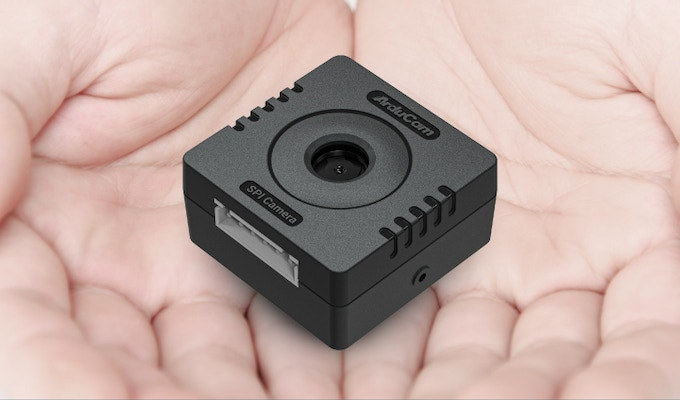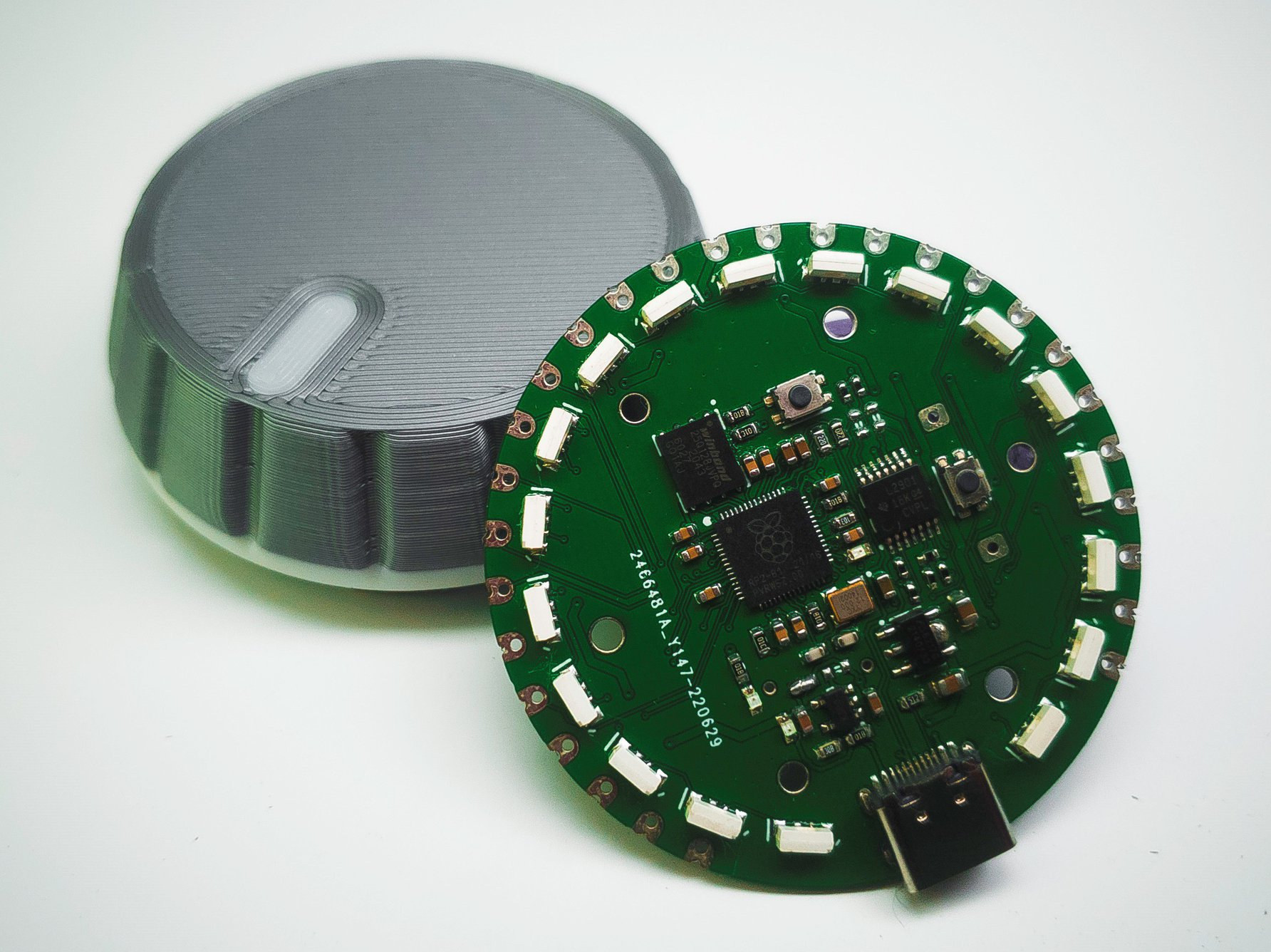tinyVision.ai Pico-Ice is a development board with a Raspberry Pi RP2040 MCU and a Lattice ICE40 UltraPlus 5K FPGA connected through an 8-bit bus. The Arm Cortex-M0+ microcontroller provides the clock for the FPGA and can program the FPGA directly or the dedicated FPGA flash using a drag-drop of a UF2 file. Just a few days ago we wrote about the LILYGO T-FPGA board that combines an ESP32-S3 wireless MCU with a Gowin FPGA connected through a 6-bit bus, and the Pico-Ice board provides a similar option with different chips and without wireless connectivity. Pico-Ice specifications: MCU – Raspberry Pi RP2040 dual-core Cortex-M0+ microcontroller @ 133 MHz with 264KB SRAM with all pins exposed FPGA – Lattice UltraPlus iCE40UP5K FPGA with 5.3K LUTs, 1Mbit SPRAM, 120Kbit DPRAM, 8x multipliers with all pins brought out Memory & storage chips MCU – 4MB QSPI flash FPGA – 4MB QSPI Flash, 8MB low […]
PiEEG shield for Raspberry Pi enables brain computer interfaces (Crowdfunding)
PiEEG is an open-source hardware Raspberry Pi shield that measures electroencephalography (EEG), electromyography (EMG), and electrocardiography (ECG) bio-signals and provides a brain-computer interface to applications or robots for gaming, entertainment, sports, health, etc… Ildar Rakhmatulin, a Research Associate at Heriot-Watt University in Edinburgh, is passionate about open-source brain-computer interfaces and first created the IronBCI project based on ADS1299 and STM32 and published a research paper entitled “Low-cost brain computer interface for everyday use” about his work. But cost increases related to the semiconductors shortage of recent years meant the price for his “low-cost” project shot up to over $1,000. So he went back to the drawing board and created the PiEEG shield for Raspberry Pi now available on Crowd Supply. PiEEG shield specifications: ADC – Texas Instruments ADS1299 Analog-to-Digital Converter for biopotential measurements Supported SBCs – Raspberry Pi 3 or 4, and boards with the same 40-pin GPIO header. Host […]
Plasma Stick 2040 W adds RGB LED strip controller to Raspberry Pi Pico W board
Pimoroni Plasma Stick 2040 W is a “Pico W Aboard” kit that adds a 5V RGB LED strip controller to the Raspberry Pi Pico W board, as well as a Reset button, and a Qwiic/STEMMA QT connector for expansion. Plasma Stick 2040 W specifications: Raspberry Pi Pico W MCU – Dual Arm Cortex M0+ running at up to 133Mhz with 264kB of SRAM Storage – 2MB of QSPI flash supporting XiP Connectivity – 2.4GHz wireless module with WiFi 4 and Bluetooth Classic + LE USB – 1x micro USB port for power and programming LED strip connector – 3-pin screw terminal block compatible with 5V WS2812/Neopixel/SK6812 LEDs Expansion – Qw/ST (Qwiic/STEMMA QT) I2C connector Misc – Reset button Power Supply – 5V via micro USB port Dimensions – 67 × 22 × 12 mm Since it’s based on the Raspberry Pi Pico board it’s programmable with the official C/C++ and MicroPython […]
Badger 2040 W e-Paper display gets WiFi & Bluetooth with Raspberry Pi Pico W
Pimoroni Badger 2040 W wireless programmable e-Paper badge comes with a 2.9-inch black & white E-Ink display and a Raspberry Pi Pico W board for WiFi (and Bluetooth) connectivity. It is an update to the Pimoroni Badger 2040 with the exact same display, but instead of using a Raspberry Pi RP2040 microcontroller, Pimoroni fitted a Raspberry Pi Pico W on the back of the board, probably to avoid going through FCC and CE certifications. Badger 2040 W specifications: MCU board – Raspberry Pi Pico W board with: Raspberry Pi RP2040 dual-core Arm Cortex M0+ running at up to 133Mhz with 264kB of SRAM Storage – 2MB QSPI flash Wireless – 802.11b/g/n WiFi 4 and Bluetooth Classic+LE with ABRACON onboard antenna (Infineon CYW43439 connected over SPI) Display – 2.9-inch B&W E-Ink display with 296 x 128 pixels resolution, ultrawide viewing angles, ultra-low power consumption; Dot pitch – 0.227 x 0.226 mm […]
Control 8 relays with the Raspberry Pi Pico using PicoRelay8 or Pico-Relay-B
8086 Consultancy’s PicoRelay8 is a baseboard for the Raspberry Pi Pico (W) board equipped with eight 28V DC / 10A Normally Open relays that be used for all sorts of automation projects, while Waveshare Pico-Relay-B also supports eight relays with both DC and AC loads and comes with some extra features. PicoRelay8 PicoRelay8 board specifications: Supported MCU board – Raspberry Pi Pico or Pi Pico W, and it may also work with “mostly” compatible boards such as the Banana Pi BPI-Pico-RP2040 or BPI-PicoW-S3, WeAct RP2040, and others as long as all GPIO used on the PicoRelay8 are exposed on the same pins. Relays 8x HF3FF/005-1HST relays rated for 28V DC/10A, as well as 10A/250V AC and 15A/125V AC, but the board is not designed to get power from the mains (safety-wise), so it’s only really suitable for DC loads Each relay has a 2-pin terminal block attached to it. GPIO […]
HackyPi Raspberry Pi RP2040 USB dongle serves as an educational “hacking” tool (Crowdfunding)
SB Components’ HackyPi is a Raspberry Pi RP2040-based USB dongle whose main purpose is to teach ethical hacking and coding programs, in other words, some sort of portable educational hacking tool. The small USB stick features a 1.14-inch color LCD, a MicroSD card to store data such as scripts and photos, and a button to enable programming like on other Raspberry Pi RP2040 boards. HackyPi specifications: MCU – Raspberry Pi RP2040 dual-core Cortex-M0+ microcontroller @ 133 MHz with 264KB SRAM Storage – QSPI flash, MicroSD card slot Display – 1.14-inch color LCD with 240 x 135 resolution USB – 1x USB 1.1 Type-A port Misc – Boot “Initiate Program” button Power Supply – 5V via USB port Dimensions – 55.04 x 23.20mm SB Components says the HackyPi USB dongle can be programmed with Raspberry Pi Pico C/C++ and MicroPython SDKs as well as CircuitPython, and they will release hardware design […]
ArduCam Mega – A 3MP or 5MP SPI camera for microcontrollers (Crowdfunding)
ArduCam Mega is a 3MP or 5MP camera specifically designed for microcontrollers with an SPI interface, and the SDK currently supports Arduino UNO and Mega2560 boards, ESP32/ESP8266 boards, Raspberry Pi Pico and other boards based on RP2040 MCU, BBC Micro:bit V2, as well as STM32 and MSP430 platform. Both cameras share many of the same specifications including their size, but the 3MP model is a fixed-focus camera, while the 5MP variant supports autofocus. Potential applications include assets monitoring, wildfire monitoring, remote meter reading, TinyML applications, and so on. ArduCam Mega specifications: Camera Type 3MP with fixed focus 5MP with auto-focus from 8cm to infinity Optical size – 1/4-inch Shutter type – Rolling Focal ratio 3MP – F2.8 5MP – F2.0 Still Resolutions 320×240, 640×480, 1280×720 x 1600 x1200x 1920 x 1080 3MP – 2048 x 1536 5MP – 2592×1944 Output formats – RGB, YUV, or JPEG Wake-up time 3MP – […]
Raspberry Pi RP2040 development board doubles as a magnetic rotary encoder
PICO DEV M3 is a round-shaped development board based on a Raspberry Pi RP2040 dual-core microcontroller and serves as a magnetic rotary encoder with a few 3D printed parts. Designed by Ahmsville Labs, the board comes with 2MB QSPI flash, various through holes for GPIOs, a USB-C port, and the magnetic rotary encoder supports up to 36,000 steps per revolution and comes with 18 individually addressable LEDs. PICO DEV M3 development board specifications: Microcontroller – Raspberry Pi RP2040 dual-core Arm Cortex-M0+ MCU at 133 MHz with 264kB on-chip SRAM Storage – 2MB QSPI flash USB – 1x USB 1.1 Type-C host/device port Encoder Base resolution of 36 steps, extending up to 36,000 steps per revolution. Ring of 18x individually addressable LEDs Encoder button Ball bearing for a smoother feel compared to traditional rotary encoders Customizable 3D printed encoder Expansion – Through holes placed on the edge of the board for: […]


